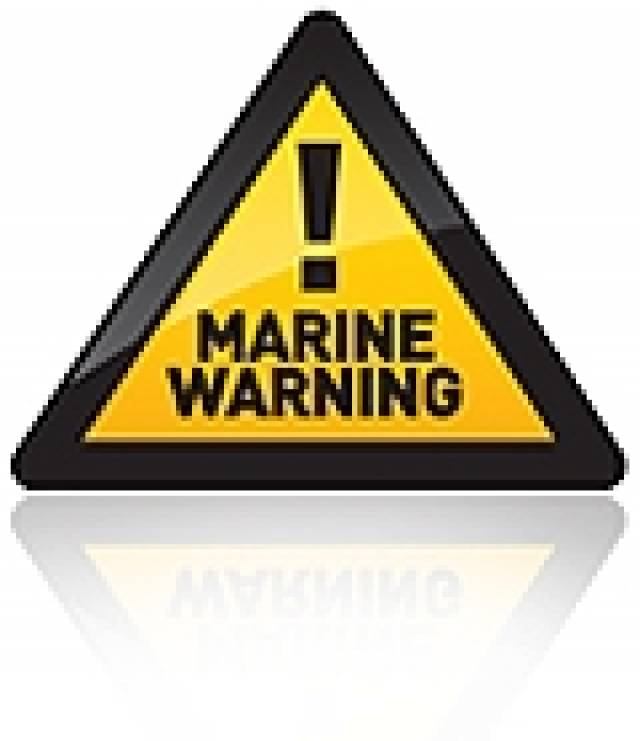#carbonmonoxide – There have been a number of fatalities from carbon monoxide poisoning in recent years on leisure and working craft. Gas Networks Ireland say follow these simple steps to protect yourself and others on your vessel from the "silent killer":
• Carbon monoxide can be produced by burning any fuel, including diesel, oil, gas, wood and coal. Think of the appliances on your vessel that burn fuel – for example engines, generators, stoves and heaters etc.
• Remember fumes can build up in the cabin, or at the back platform of a boat, particularly at slow speeds or whilst idling in the water.
• Swimming near or under the back deck/ platform should be avoided.
• Your vessel should be a minimum of 6 m (20 feet) from a nearby vessel running a generator or engine.
• Make sure flues and exhaust outlets are clear and well vented.
• Ensure any gas/ LPG appliances are suitable for boats and are installed and serviced by a Registered Gas Installer.
• Install one or more carbon monoxide alarms in accommodation areas and test them regularly.
• Know the signs and symptoms of Carbon Monoxide Poisoning.
If you suspect that anyone on board is experiencing symptoms of carbon monoxide, you should contact a doctor immediately.
For further information please see www.carbonmonoxide.ie or call 1850 79 79 79
































































